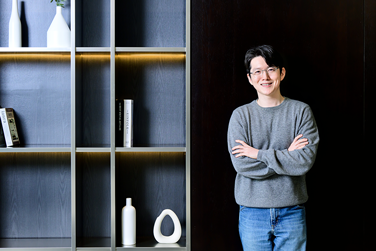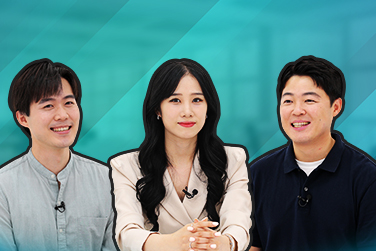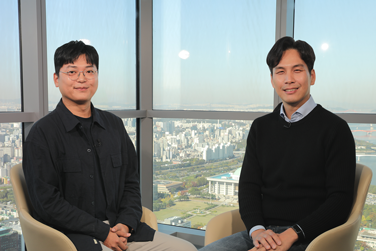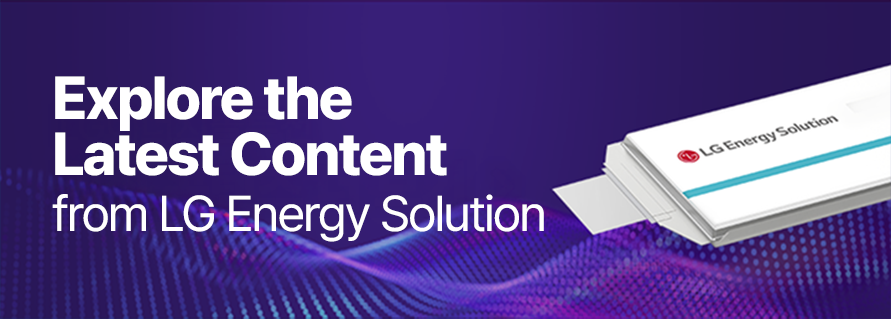AI (Artificial Intelligence) is utilized in various fields, making our lives more innovative and convenient. In line with this trend, LG Energy Solution is also actively utilizing AI to produce the best batteries possible. The objective is to increase the accuracy and work efficiency by applying AI to all areas, including the purchase, production, process, facilities, and quality of batteries. To this end, LG Energy Solution has been continuously researching AI technology.
As a result of these continued efforts, Geonuk Kim of the AI technology team at LG Energy Solution finally succeeded in researching AI technology that distinguishes specific defects mixed in with normal (non-defective) objects. In addition, this research achievement was recognized by the world-renowned research conference, ‘ECCV (European Conference on Computer Vision) 2024 Challenge,’ and was honored with the ‘Most Innovative Prize.’ This time, we will meet Geonuk Kim and learn about the ECCV and the AI technology he researched.
What is the European Conference on Computer Vision (ECCV), a global technology research conference?
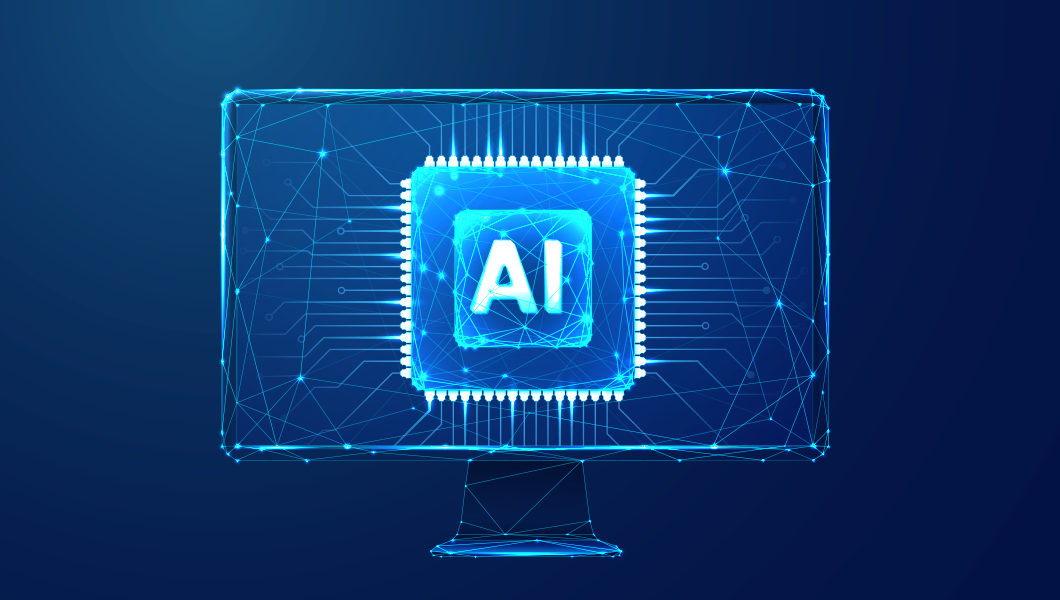
The European Conference on Computer Vision (ECCV) is a biannual international conference on AI and computer vision, which boasts a rich history that began in 1990. Along with the Computer Vision and Pattern Recognition Conference (CVPR) and the International Conference on Computer Vision (ICCV), ECCV is considered one of the world’s top three conferences on AI and computer vision.
As the ECCV is a world-class and authoritative conference, experts in AI and computer vision and big tech companies are competing to participate in ECCV. Since the latest technologies unveiled at the conference have a huge impact on follow-up research, it is garnering keen attention from researchers and engineers working in related fields.
Among the various programs held at ECCV, the main conference presents the latest methodologies for each research field, while each company demonstrates its computer vision-based technologies in the demo sessions. In addition, the Workshop brings together experts to discover technologies to practically solve problems in the field, allowing them to share papers on the Challenges and have time to exchange insights.
The review process for evaluation and awards is double-blind and confidential. At least three researchers in the field participate in the review of each submitted paper. The identities of the authors are concealed and are reviewed only for their technology. Through this process, papers that present excellent methodology are selected and awarded.
Winning ECCV 2024’s Most Innovative Prize with Deep Learning technology that can quickly detect defects
ECCV 2024 was held in Mico Milano, Milan, Italy from September 29 to October 4 and concluded successfully. In particular, this ECCV 2024 saw high participation in the conference as interest in AI rapidly increased. Compared to about 5,000 participants in ECCV 2022, ECCV 2024 attracted 6,705 participants.
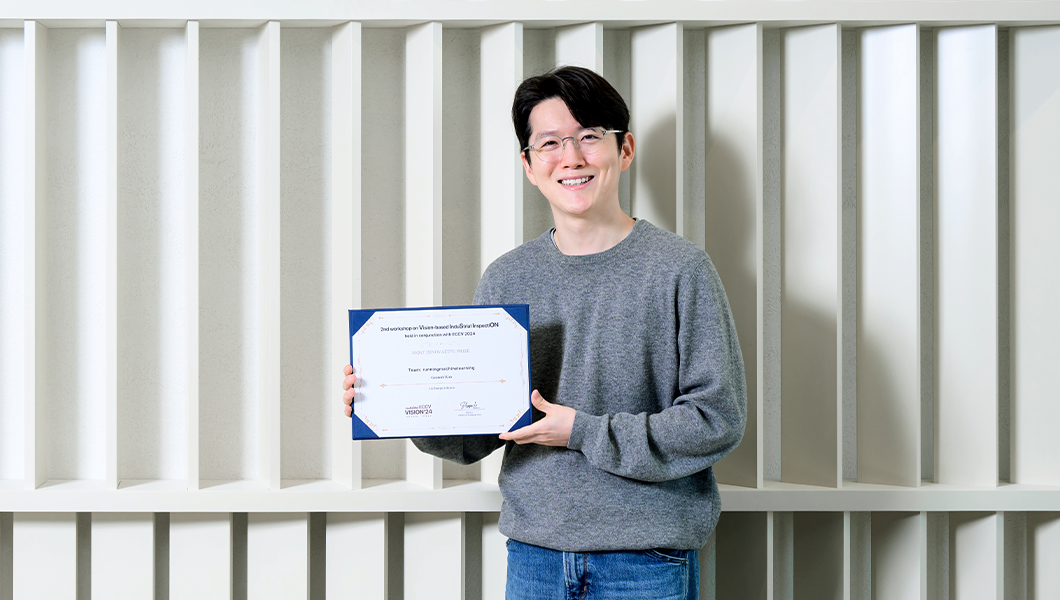
Among them, a paper by a member of LG Energy Solution was accepted in the Visual Inspection Challenge category of the Workshop session and won the Most Innovative Prize. The honored member is none other than Geonuk Kim of the AI Technology Team! What AI technology did he research to win this award?
Q. What was your research project that won the Most Innovative Prize at ECCV 2024?
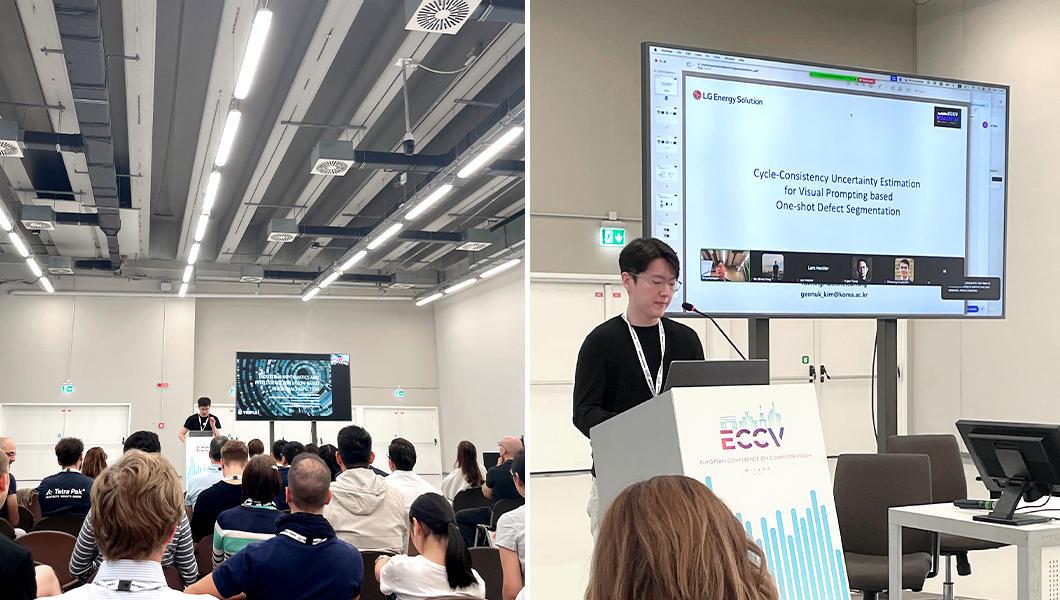
At ECCV 2024, I won the Most Innovative Prize for the ‘Visual Prompting-based One-Shot Defect Segmentation Deep Learning Technology.
Visual Prompting is a deep learning technology that allows a model to recognize an object based on a given prompt. It differs from existing deep learning technology-based models that can only recognize pre-trained objects. The visual prompting-based model does not find an object with just an input image, but when the user provides information about a specific area in the form of a ‘prompt,’ the model compares the prompt with the input image to find and learn the area. In this case, even if a new prompt is given, the model has the ability to correctly detect the area by looking at the input image.
Performing vision inspections, I found out that the patterns of defects are constantly changing. Often, new types of defects emerge or the defect criteria themselves change where the problem occurs. Previously, these new defects were mixed with the non-defective data, and were neither distinguished from them nor labeled as defective. In addition, it is practically impossible to find new defects and label them by visually searching through countless normal data one by one. However, using the visual prompt model, you can search the entire data and find defects with only a small number of images of new defects.
Q. How much efficiency was increased when applying the visual prompting-based deep learning technology to the process?
I used the visual prompt model for the data labeling refinement process, which reduced the work time by about 90% compared to that of the previous model. What used to take 10 hours was reduced to about 30 minutes to 1 hour. Work efficiency was greatly improved because we only had to analyze the results predicted by the new model using visual prompting.
Q. What was the main research topic covered at ECCV 2024 that impressed you?
The ECCV 2024 Workshop was hosted by tech company Apple. Since Apple is also a manufacturer, if faced many challenges in addressing difficult problems in the field compared to the challenges from the previous conference. The Workshop was more informative because it focused more on practical problems.
What was impressive during the conference was that various research topics on AI, such as the Diffusion Model and the Foundation Model, were covered, and new results were created through the combination of different research fields. What I personally thought interesting was the multi-modal* research that combined image and text data to address the limitations of a model, as well as the research that combined image recognition and image generation to create synergy.
*Multi-modal: A type of process that combines various data modalities such as text, image, voice, and video together.
Q. What does it mean to win an award at ECCV 2024?
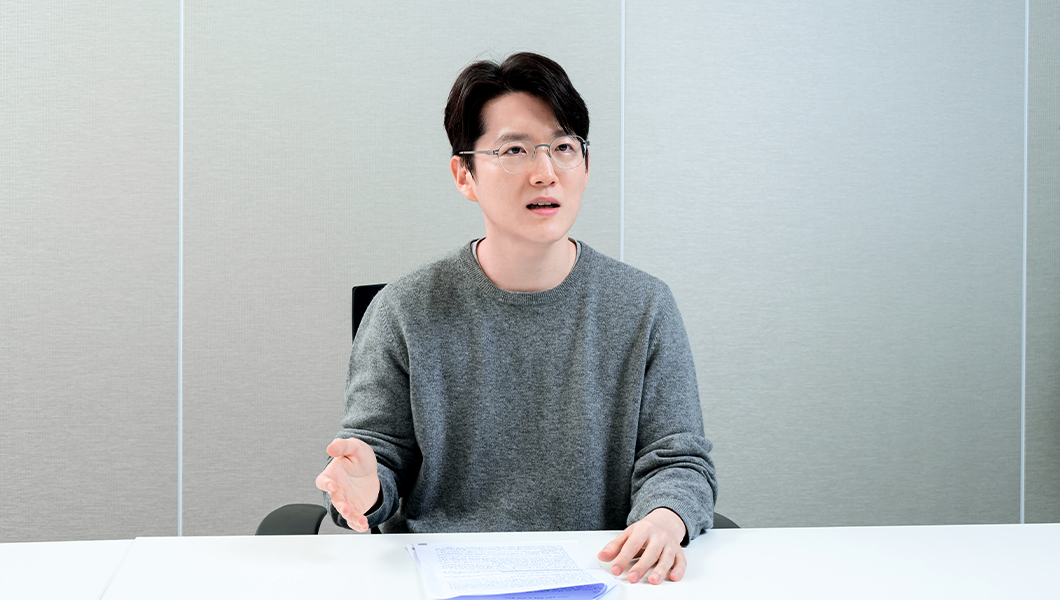
The winning of an award can be seen as a testament to the fact that LG Energy Solution has secured world-class AI technology and the capabilities to solve real problems. I think it is very meaningful that we have developed a methodology that can solve challenges in the field, and that it has been proven to provide practical value.
This was Part 1 of our interview with ECCV 2024 Challenge winner Geonuk Kim! While ECCV is considered one of the best conferences in the fields of AI and computer vision, we were also able to see whether Geonuk’s visual prompting-based deep learning technology presented at the conference brought about innovation in the related areas.
In the next Part 2 of the interview, we will hear the vivid behind-the-scenes story of what efforts Geonuk Kim made for technology research. Please look forward to it!
